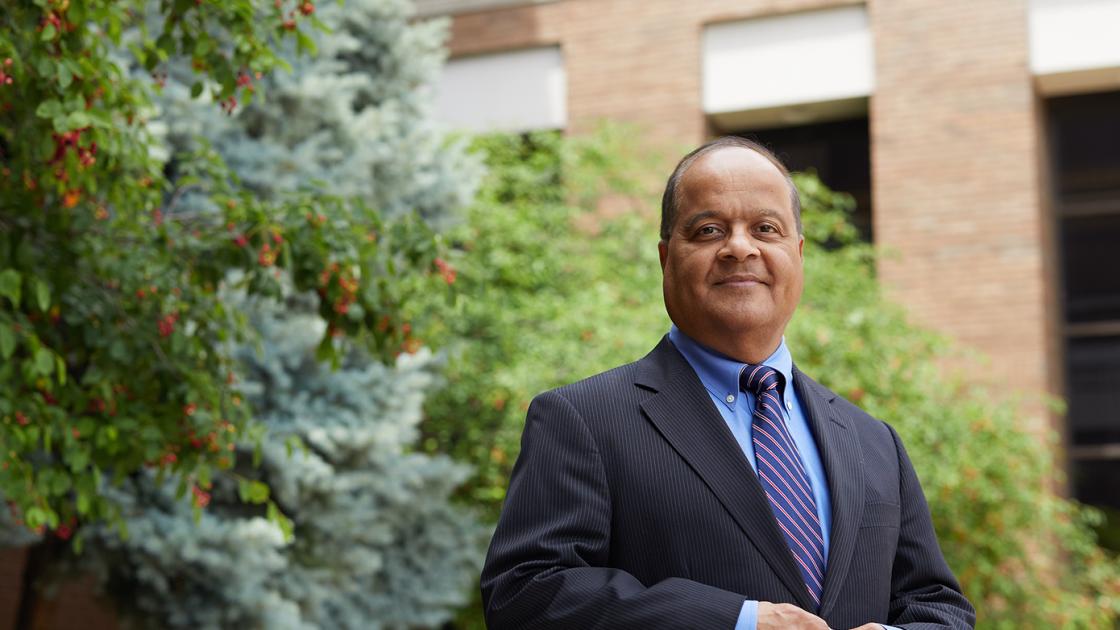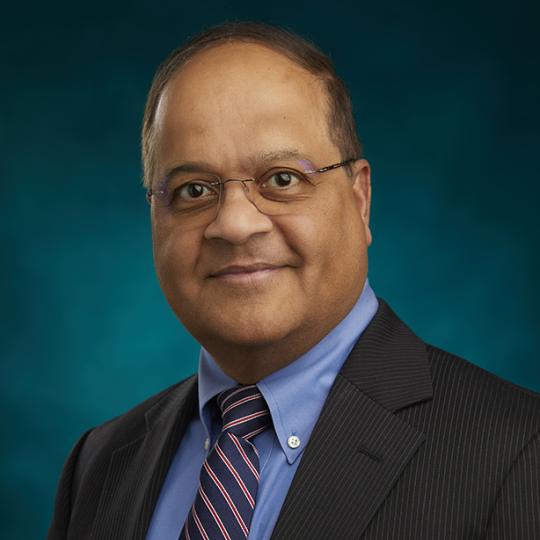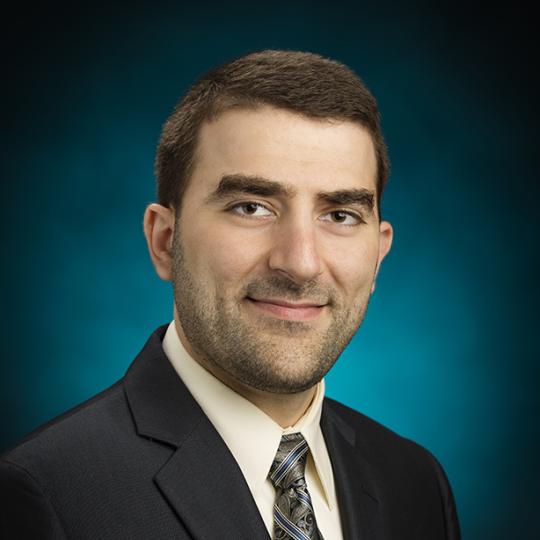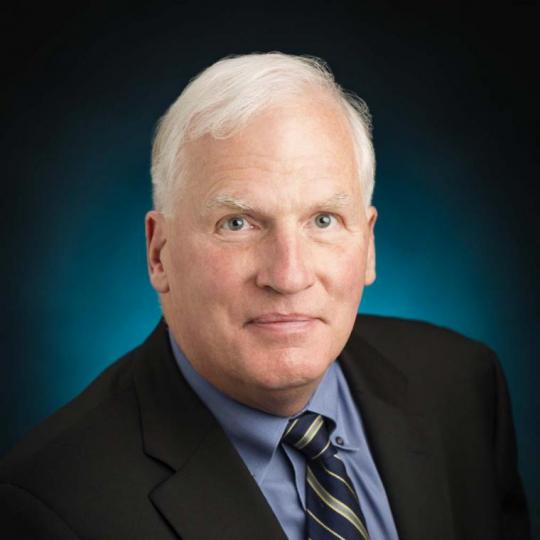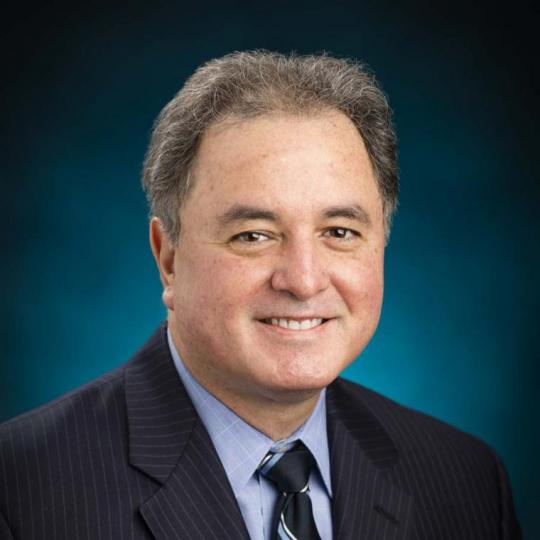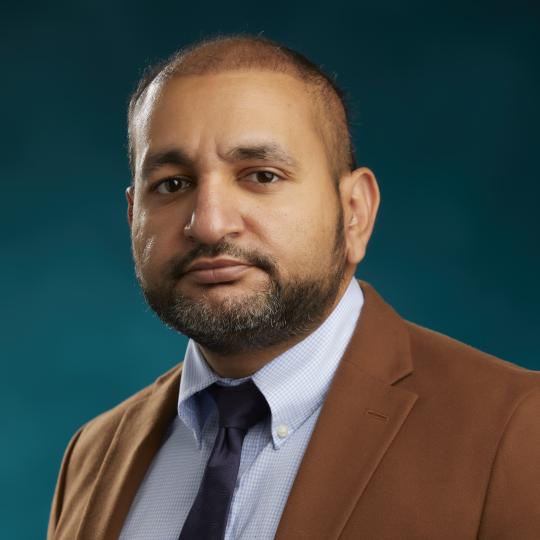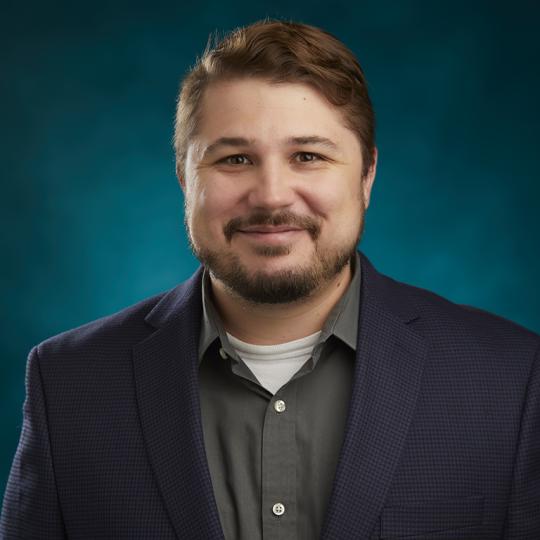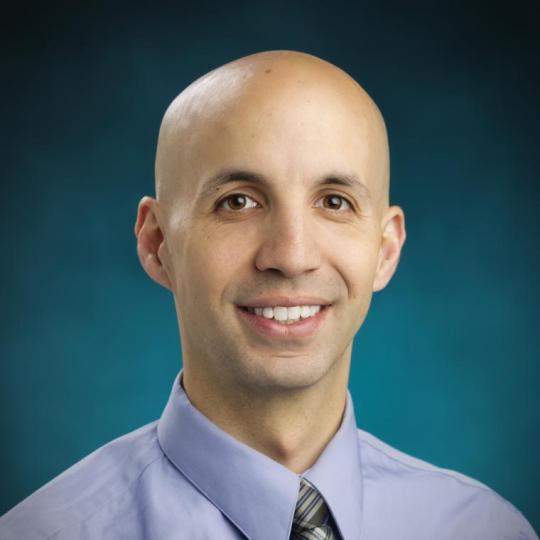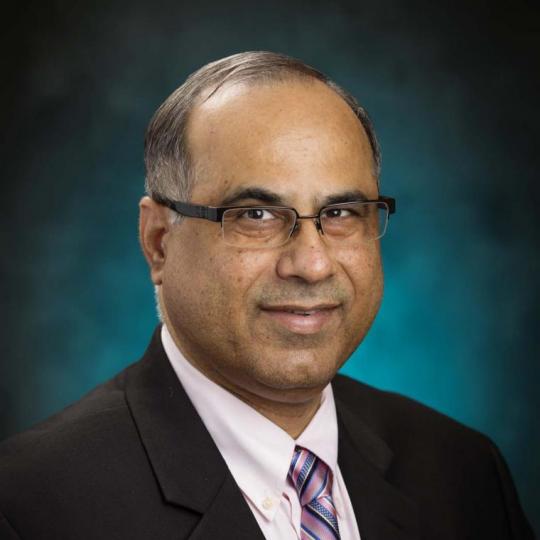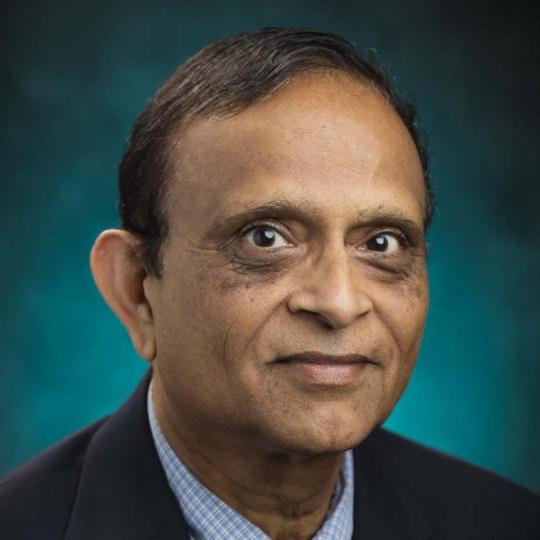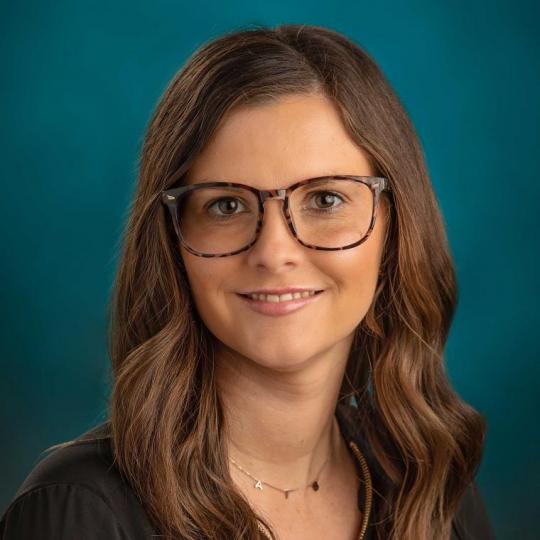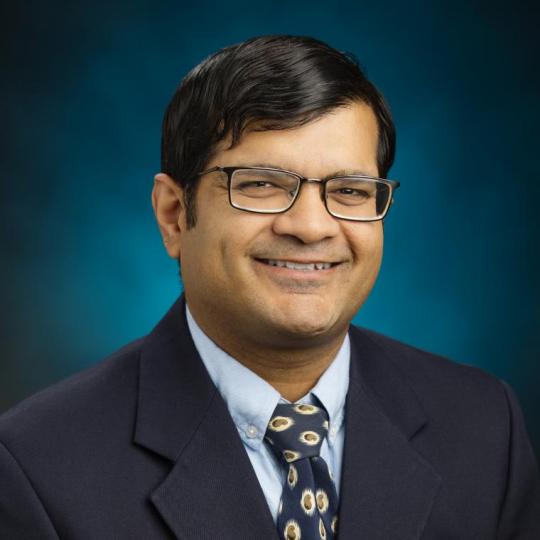Epilepsy
Overview
Epilepsy is a disorder of the brain that causes repeated, unpredictable seizures, generally beginning in childhood or early adulthood. This condition can lead to serious complications, including injury to the brain. Epilepsy means the brain has formed abnormal electrical connections that disrupt normal brain function and cause seizures.
Causes
It can be caused by genetics or an injury, infection or illness to the brain, such as a stroke or brain tumor. Epilepsy can be caused by unknown reasons which occur in around half of cases.
Treatment
In adults, medication can frequently control epilepsy. However, if seizures persist after trying two drugs, our expert neurosurgeons may offer epilepsy surgery. Surgical treatment may be considered if your seizures continue after trying two different medications. Your neurosurgeon offers a diagnostic surgery for detection of difficult to localize seizures, also called intracranial EEG monitoring – this is to localize the seizure area and to map brain function.
Surgical Procedures
A craniotomy is performed and sterile EEG leads are placed directly on the brain. The bone flap is placed back on the patient and secured. The wound is then closed with the tails of the EEG leads coming out through the wound. These leads are connected to EEG monitors that are available in special rooms in the hospital. The patient is then monitored continuously for several days for seizure activity.
There are several types of treatment surgery for adults:
- Craniotomy, resection of seizure focus (removing abnormal brain areas) is considered if:
- Your seizures are continuing after trying two different medications.
- Your seizures arise from one site in the brain.
- The site of the seizures has been pinpointed.
- The removal of the portion of the brain causing the seizures will not impair your ability to function.
- Vagus nerve stimulation (placing an implant in the neck to help prevent seizures)
- Corpus callostomy (disrupting connections between the two sides of the brain)
Our providers
Why SIU
Continually learning
With a focus on continual improvement, our doctors take the time to research, study and innovate to provide the latest treatments for our patients.
Patient-first experience
Our care ranges from primary care physicians to specialists and sub-specialists who have advanced training. We're here for you when you need us.
Breakthrough tech
Continually teaching the next generation of doctors, our physicians use the latest developments in procedures and technologies for our patients.
Clinical Trials
Latest articles
